Nikon Coolpix L840 How To Use
posted Thursday, March ten, 2016 at 7:57 AM EDT
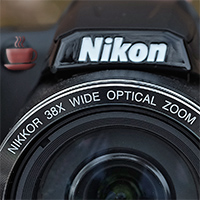
Wake up with IR... Hither's today'due south dose of Caffeine Priority!
As we mentioned in our initial posts for the Nikon L840, an 855mm equivalent long-zoom is a lot of muscle to be conveying about for a reasonably minor camera with a street price nether $200. It's a 38x zoom range all told, with a generous 23mm eq. focal length at the wide terminate as well. Merely put, that'due south an enticing corporeality of versatility for the coin!
"And then, what's the catch?"
The catch is that the versatility is pretty much limited to the zoom range, and does non extend to the controls. Having been primarily reviewing mid-level enthusiast-grade cameras for the past several years of the likes of the Olympus Stylus 1, Sony A5100 and Nikon D5500, I've become accepted to a wealth of controls, both externally and internally, and very much dependent on the PASM settings on the mode dial. At that place are no such settings on the Nikon L840, and other than accessing "Scene Modes" (which enthusiasts rarely apply), you have one push button that now becomes your all-time friend with this camera: Exposure Compensation.
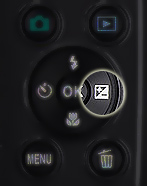
As such, dialing in compensation with the exposure value button (the correct push on the 4-style controller on the back) is one of just 2 exposure control parameters offered with this camera, and in order to get the most out of your shooting situations, you'll need to utilize it. This is considering in near situations, I've found that the camera over-exposes the images to a fairly noticeable degree, and this affects your images in two ways. The obvious is over-exposed images, but since yous accept no control over the aperture or shutter speed, y'all're also compromised in that the camera is quite often choosing a slower shutter speed than is optimal, and therefore, especially at longer zoom lengths, y'all're more at risk of mistiness due to camera shake or the motion of your subjects.
Dial it down!
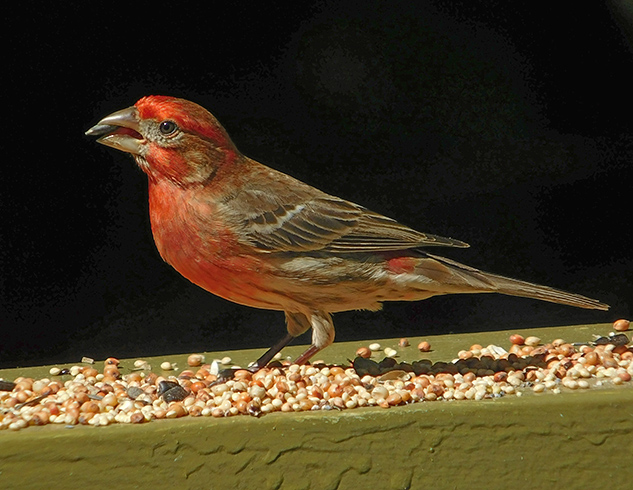
i/320s / f/six.5 / -0.7 EV / ISO 125 / 855mm eq.
Dialing the EV down by 2/3rds of a stop here allowed the shutter speed to climb to 1/320s.
This was disquisitional to the success of this paradigm, as a slower shutter would accept likely introduced
camera shake at this focal length, and probable non frozen the bird's fairly rapid movements.
(Images have been resized to fit this folio, cropped and/or slightly adjusted in postal service, primarily to balance shadows and highlights. Clicking any image will take you to admission to the total resolution image as delivered straight from the Nikon L840, as well as all relevant EXIF data.)
Zoom with caution
It'south of import to remember that the further y'all zoom, the greater your adventure of blurry images due to photographic camera milk shake, as zooming magnifies your movement. Endeavor zooming to 855mm eq. and sentry the LCD - yous'll run into your subjects dancing effectually quite a bit unless you lot accept extremely steady easily. The L840 comes equipped with Vibration Reduction built-in, and we've found information technology works quite well! Just similar whatsoever image stabilization system, information technology can only work to a certain caste, so y'all still have to be mindful of your shutter speeds.
Therefore, due to the L840'southward tendency to overexpose images, by dialing dorsum the exposure value to the signal where you get an adequately fast shutter speed, you greatly increment your chances of gettng a precipitous image. And it'south as well important to retrieve that it's much easier to adjust a slightly under-exposed prototype in mail-production than it is to try and compensate for motion blur, which can often ruin an otherwise practiced paradigm.
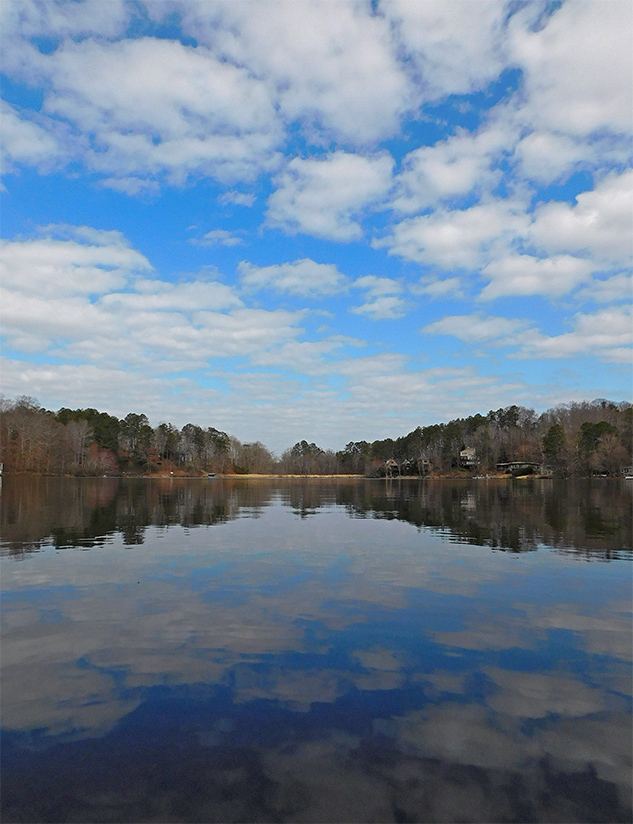
i/800s / f/6.0 / -one.0 EV / ISO 125 / 23mm eq.
At the widest bachelor focal length of 23mm eq., I certainly didn't need a shutter speed as fast as 1/800s, but anything slower would have yielded an overexposed image and diddled out the contrast in the heaven and clouds. This is an instance of using the EV setting to punch it down a stop and avert over-exposing the prototype, fifty-fifty though you might not need such a quick shutter speed given the wide focal length here.
Use the proceeds knob, merely be mindful to put a chapeau on it
The second exposure control parameter open to you with the Nikon L840 is ISO, and you lot're fortunately offered two "auto ISO fixed range" settings that constrain the loftier value to either 400 or 800. With a sensor this small-scale (and it needs to be modest for this much zoom range in such a modest packet) you well-nigh never want to button the ISO in a higher place 800, then this is a very smart characteristic.
For the shot below, taken at a time of day approaching dusk, I gear up the auto ISO to a fixed range of 125-800, thereby allowing it to adjust itself as needed without going past the ISO 800 threshold that I consider usable for this sensor size. You'll notice ISO settings in the basic camera menu, including the auto ISO stock-still range settings mentioned above.
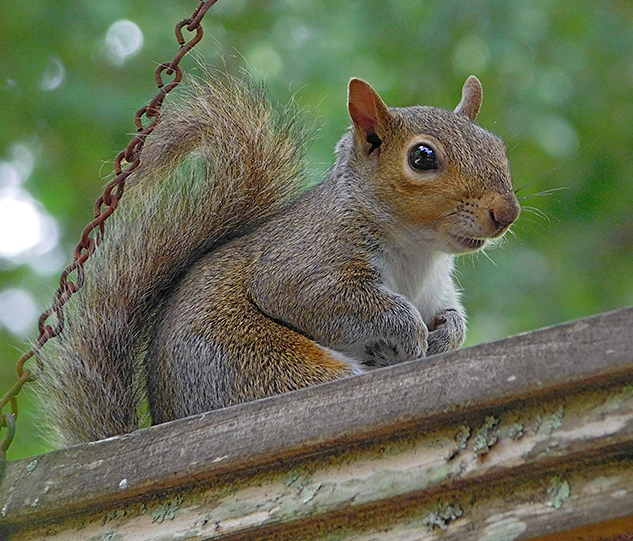
ane/125s / f/6.0 / -1.0 EV / ISO 450 / 577mm eq.
For this paradigm I dialed the EV down a full terminate. Combined with allowing the ISO to float in a contained manner, it allowed me to go a shutter speed of 1/125s. Thanks to the onboard IS, this produced a fairly crisp shot here at the 577mm equivalent focal length. You can run into a hint of ISO racket in the background, just you really take to look for it, and given this sensor size it's actually quite good. I propose always keeping the ISO constrained to 800 and below on this camera, and whatsoever other cameras with one/2.three inch sensors for that matter. ISO settings higher than this just go besides noisy to bear.
(Past the way, I rather similar the colour rendering from this camera. Discover the subtle orange hues on his or her fur and tail, and the aquas of the lichen on the woods.... fairly good for a camera costing $199 I'd say.)
Summing it upward
It'south of import to note that you lot don't accept access to diverse metering modes on the L840 like yous do with more advanced cameras, and so the two parameters mentioned above, Exposure Compensation and ISO, are the only real exposure controls bachelor to you with this model. Use the EV setting to your advantage, keeping information technology dialed down as low as needed in lodge to ensure properly exposed images, and fast enough shutter speeds for the focal length y'all're zoomed to. Utilise the automobile-ISO setting every bit well, when you demand to bump up your shutter speeds even more, and either cap the ISO to 400 or 800, depending on your gustatory modality in racket levels.
With these ii relatively unproblematic adjustments you'll greatly maximize your potential for producing skillful images with the Nikon L840.
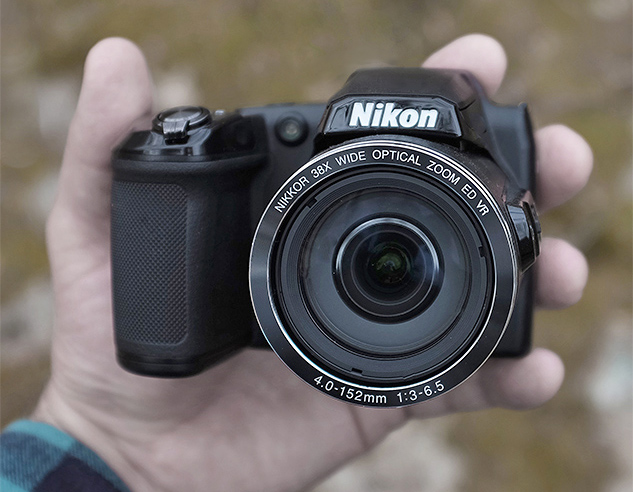
Considering its relative compactness, the generous zoom range and a not bad price, the
Nikon L840 is capable of delivering proficient images if y'all take but a few tricks up your sleeve.


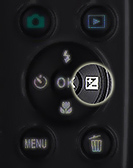

Nikon L840 • Image Gallery• Deals and Prices
• • •


{Peckish more Caffeine Priority? ...Please Help Yourself!}

Caffeine Priority is a new serial of short photograph-tidbits to ease you lot into your twenty-four hours, and give us a chance to share a bit more of what life's like here at IR. We're more like a group of friends testing and talking nearly cameras and lenses than the buttoned-downwardly, big-corporation world that some of our photo-friends at other companies piece of work in; hopefully these little snippets will share some of that. And so... grab some other java and join in the conversation with us downwards below!
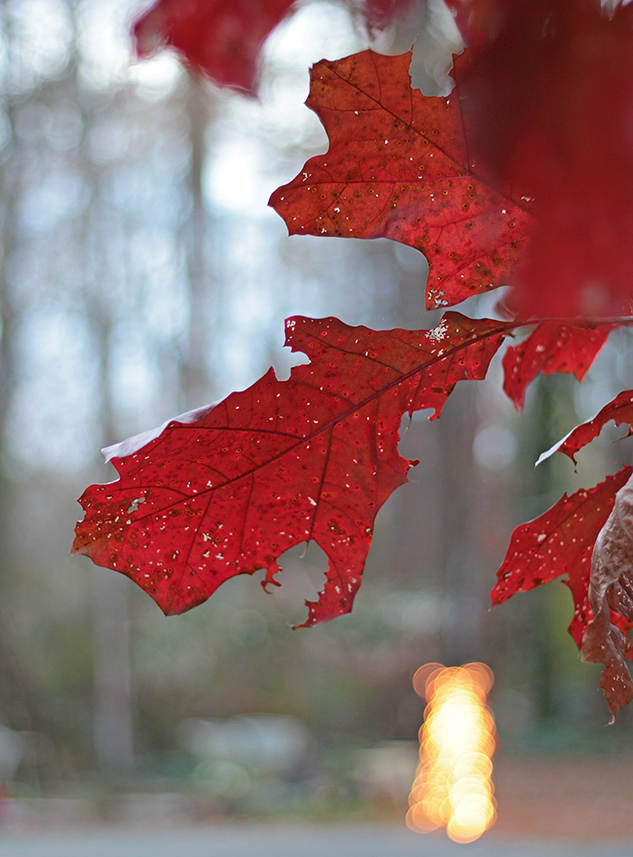
xxxx
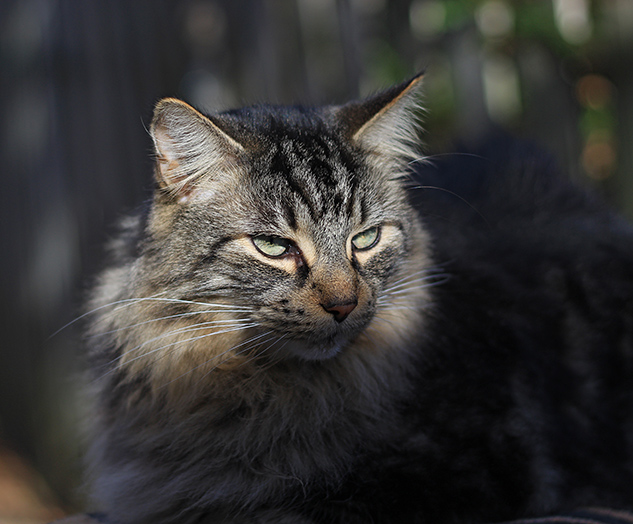
xxxx
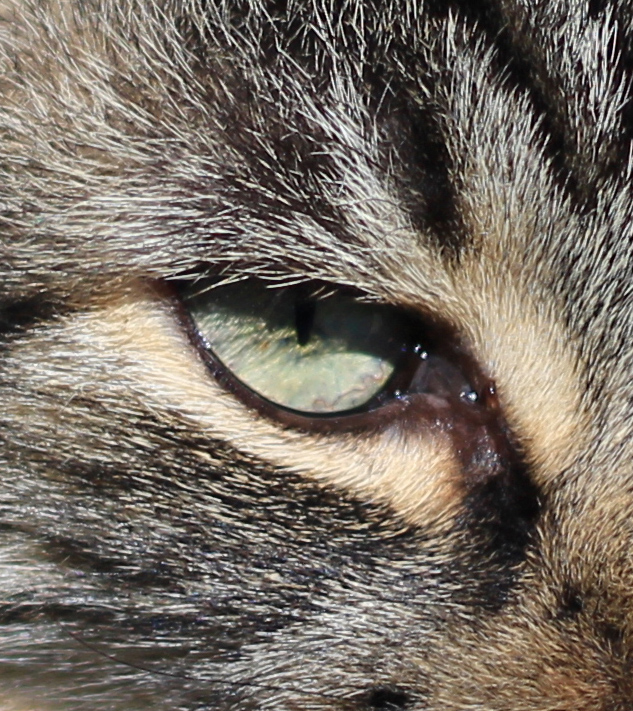
xxxx

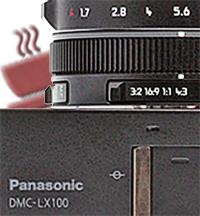


Nikon Coolpix L840 How To Use,
Source: https://www.imaging-resource.com/news/2016/03/10/get-better-shots-with-the-nikon-l840
Posted by: hamptonacantiming.blogspot.com


0 Response to "Nikon Coolpix L840 How To Use"
Post a Comment